Indo-Bangladesh relationship
By Philip Mudartha
Bellevision Media Network
08 Sep 2024:
Prevailing View from Dhaka:
Following the overthrow of Hasina-led Awami League (AL) government, the Khaleda Zia-led Bangladesh Nationalist Party (BNP) is very vocal about the Indo-Bangladesh relationship. Below is a summary of the party’s views.
“India’s foreign policy mandarins in South Block have committed a massive blunder. They promoted and sustained a friendship between the two governments and not between the two peoples. It’s a policy blunder. The Indian government mistakenly decided to put all its eggs in one basket.
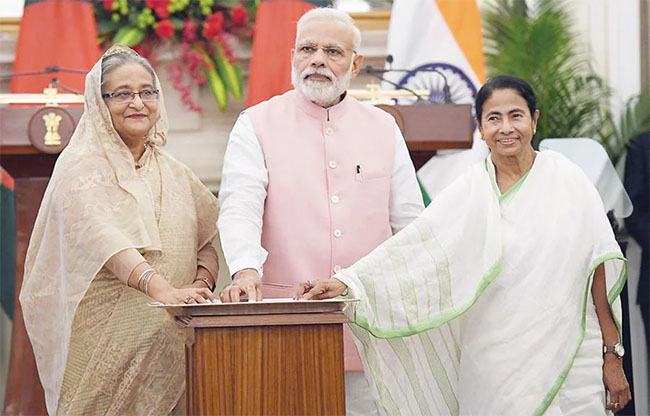
“Moreover, it’s also a political blunder. Nobody would deny the help and support Bangladesh got from India in 1971. Nobody can deny that during the 1971 War of Liberation, without the support of India, we couldn’t have got independence in a short span of 9 months. Without that support, it would have been a long-drawn struggle.
“But, for India to assume and ascribe the success to one political party, that it is the Awami League, has been a bad mistake. The success must be attributed to the people of Bangladesh at large.
“We believe in friendship with India. India is on our three sides of the borders. India is with us, day in and day out. Why would we not want to have a good relationship with India?
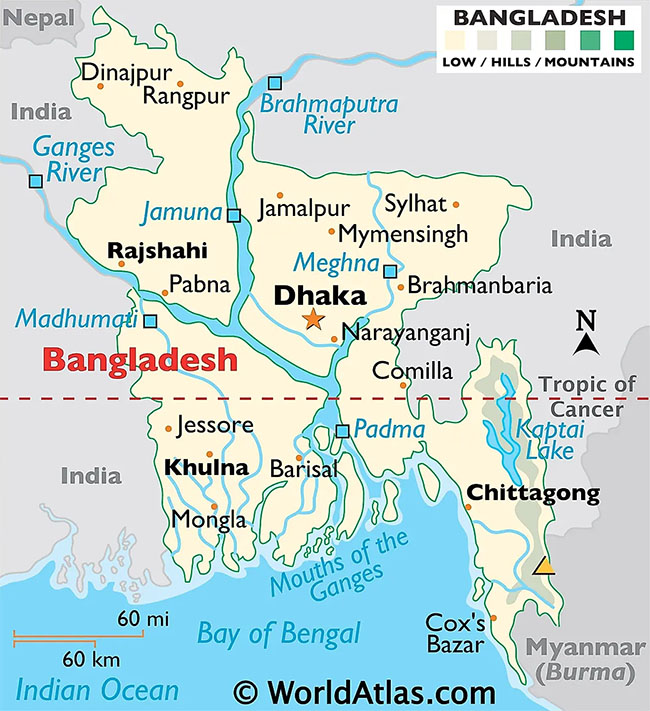
Now there has to be a policy shift in India. We hope the Indian government, both political and foreign office, will calibrate foreign policy and politics. There’s a need for a renewed look at India’s Bangladesh policy in this hour of crisis. There is an immediate need to have a renewed look of Bangladesh from India’s security and the strategic establishments as well”.
India’s frustration with chasing BNP:
Failure and frustration have marked the conversation between India and the BNP, particularly its chief Khaleda Zia. Zia is an opposition politician of a neighbouring country every important Indian leader met during 2008-14 but with no results to show.
So as New Delhi threw its weight behind Zia’s opponent Sheikh Hasina in the 2014 elections, which BNP boycotted, South Block is filled with disappointment that its attempts to appear even-handed counted for little.
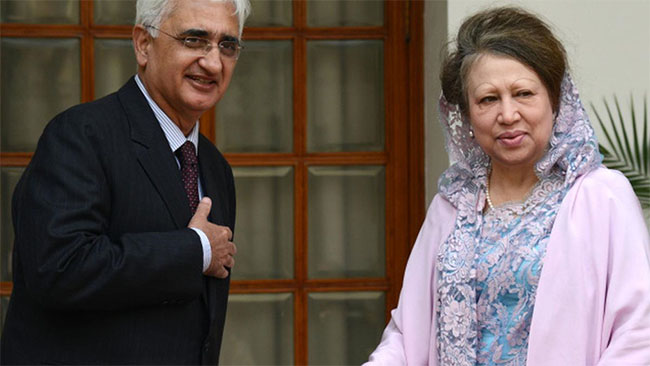
The conversations began with Vice-President Mohammed Hamid Ansari meeting her in 2011. Prime Minister Manmohan Singh hosted an exclusive lunch for Zia when she visited India a year later. External Affairs ministers S M Krishna and Salman Khurshid too held talks with her. Then there was the failed attempt to get her to meet President Pranab Mukherjee when he visited Bangladesh in March 2013. In an incident that cast a dark shadow on the visit, Zia cancelled a scheduled meeting with Mukherjee. Zia cited a two-day general strike called by Jamat-e-Islami, which coincided with the visit as the reason. This embarrassing snub contributed to India’s perceived tilt towards AL and Sheik Hasina.
But each attempt was followed by a setback:
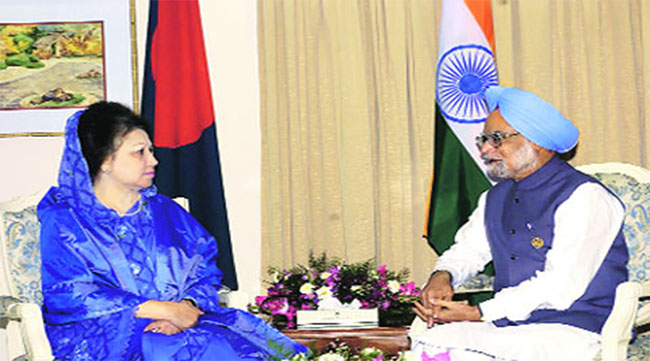
India had gone out of the way to host the opposition leader in November 2012, when the PM hosted a state dinner in her honour. She assured the PM that she had come with an “open mind” and with the “hope of a new era” that would include overcoming “past wounds” and “past bitterness”.
Then she returned to Dhaka and made acerbic comments about Hasina being an Indian stooge. “Do you want to be a slave? Will you be a lackey? This slavery will not save you. Read the story of Sikkim and its leader Lhendup Dorjee.” She meant Hasina will merge Bangladesh into India just like Dorjee did with Sikkim. This gave the opportunity to hardliners on the Indian side to make the point that the BNP leadership was insensitive to India’s concerns on its northern borders.
Earlier in March 2006, when Zia was the PM of Bangladesh, she visited India at the invitation of PM Singh and met government leaders and various opposition leaders.
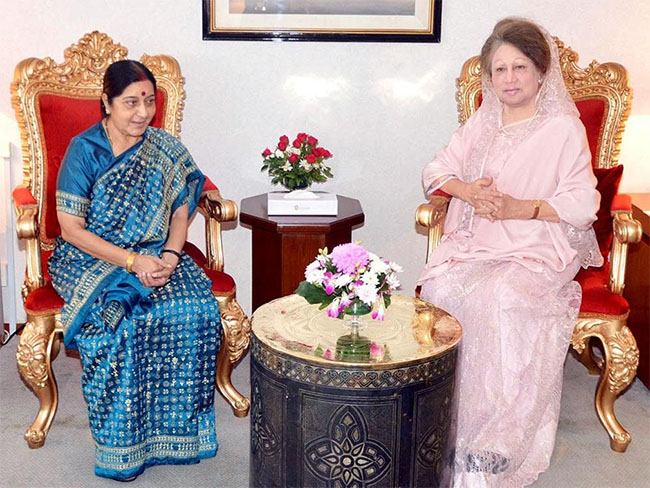
Collaboration between Hasina and PM Modi:
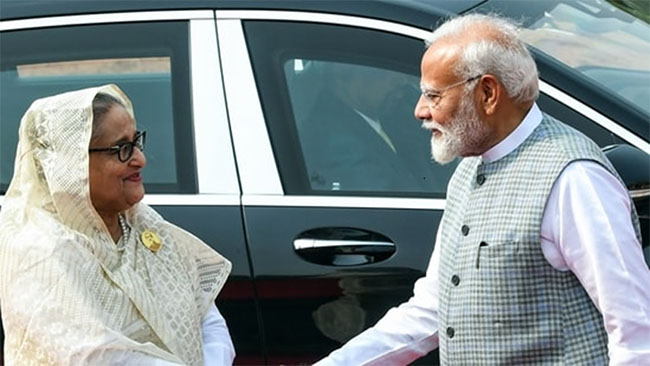
PM Modi inherited warm relationship between Bangladesh and India under Hasina-led AL which had returned to power in 2008. Under Hasina, Bangladesh cracked down on insurgent groups seeking to foment tensions in India’s north-eastern states.
The decade long relationship requires dedicated analysis in the next chapter. In the meantime, suffice to say that India wants both AL and BNP to stay away from Jamat-e-Islami which India perceives as an anti-Indian communal party. It wants to facilitate reconciliation between the two major political parties led by the battling begums. However, India does not wish to appear to be interfering in its internal affairs.




 Write Comment
Write Comment E-Mail To a Friend
E-Mail To a Friend Facebook
Facebook Twitter
Twitter  Print
Print 














